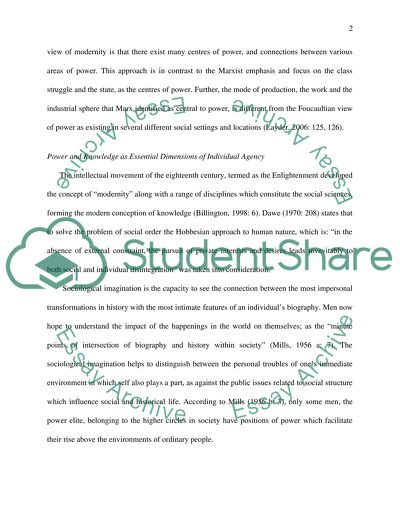Cite this document
(Michel Foucault's Contribution to the Structure-Agency Debate Essay, n.d.)
Michel Foucault's Contribution to the Structure-Agency Debate Essay. Retrieved from https://studentshare.org/sociology/1545191-critically-assess-michel-foucaults-contribution-to-the-structure-agency-debate
Michel Foucault's Contribution to the Structure-Agency Debate Essay. Retrieved from https://studentshare.org/sociology/1545191-critically-assess-michel-foucaults-contribution-to-the-structure-agency-debate
(Michel Foucault'S Contribution to the Structure-Agency Debate Essay)
Michel Foucault'S Contribution to the Structure-Agency Debate Essay. https://studentshare.org/sociology/1545191-critically-assess-michel-foucaults-contribution-to-the-structure-agency-debate.
Michel Foucault'S Contribution to the Structure-Agency Debate Essay. https://studentshare.org/sociology/1545191-critically-assess-michel-foucaults-contribution-to-the-structure-agency-debate.
“Michel Foucault'S Contribution to the Structure-Agency Debate Essay”, n.d. https://studentshare.org/sociology/1545191-critically-assess-michel-foucaults-contribution-to-the-structure-agency-debate.


